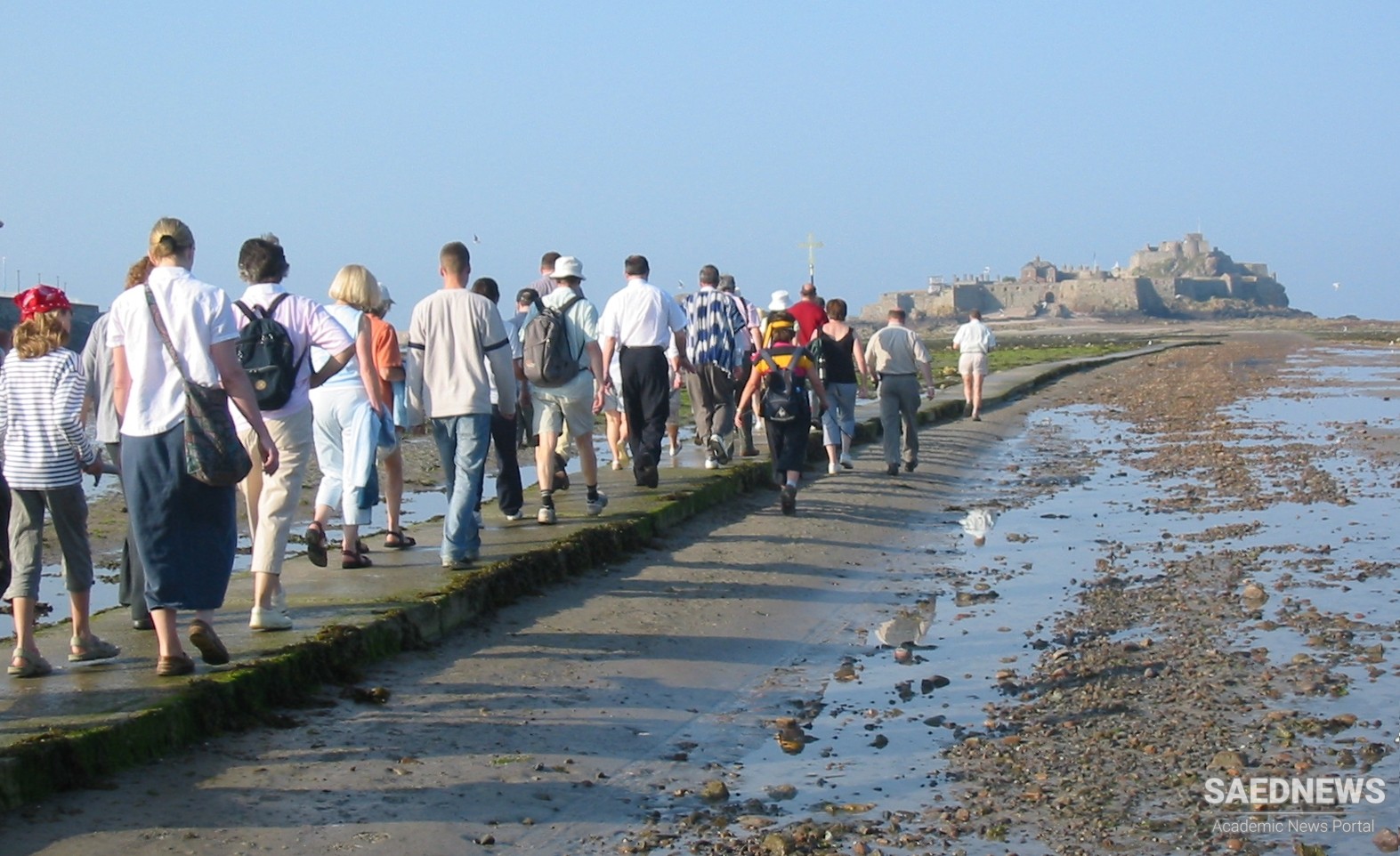From the perspective of tourism, pilgrims and tourists are structurally and spatially the same or forms of one another, and the very fact that people address the issue as “pilgrim and/or tourist” with dichotomous undertones reflects a lack of understanding about the meaning of a tourist and tourism. Motivations and activities undertaken by travelers have little to do with whether a person is a tourist or not. Tourists are not by their very nature pleasure-seeking hedonists; such a stereotype is a very narrow and erroneous view of tourists as noted in the words of Digance and Cusack: “the superficial view that tourists travel solely for pleasure has been questioned for several decades, and it is now acknowledged that there are many complex reasons why people . . . elect to travel.” Simply speaking, a tourist is someone who travels temporarily (at least 24 hours but less than a year) away from home to another region. This is the most widely accepted definition of a tourist among the World Tourism Organization, tourism scholars, and government agencies charged with data collection and promotion and reflects the modern paradigm that there are multitudinous underlying motives for people traveling away from home to become tourists. Motivation for travel is not integral to the definition of tourist or the meaning of tourism. People on short-term humanitarian missions from the developed world offering their services to improve the lives of people of the developing world in areas of health, hygiene, and education are tourists, typically referred to as volunteertourists. Similarly, business people traveling to attend intense marketing meetings or business conventions away from their home areas are tourists (business tourists) the same way a person vacationing on the beach in Jamaica is a tourist (beach tourist). Thus, we speak of types of tourists rather than whether or not one motivation is more important than another in defining a tourist. From this perspective, then, a “pilgrim” is a tourist (religious tourist) who is motivated by spiritual or religious factors (Source: Tourism, Pilgrimage nad Spiritual Journeys).


 Pilgrimage Tourism: a Search for the Truth and the Sacred
Pilgrimage Tourism: a Search for the Truth and the Sacred














































